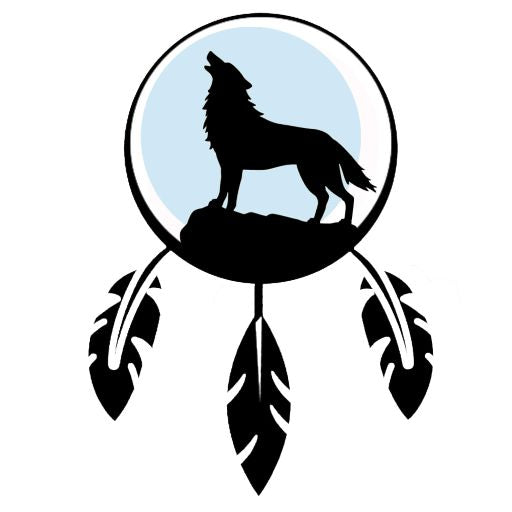What is the difference between a native and a Native American?

The distinction between the terms " Indigenous " and "Native American" is often a source of confusion, but it is essential for understanding the realities of the Indigenous peoples of North America. Although these terms are sometimes used interchangeably, they carry different meanings and implications.
Definition of the term indigenous
The word "Indigenous" refers to the peoples who originated in a given region and have historical and cultural roots in that land. In Canada, the term Indigenous encompasses three main groups: First Nations, Inuit, and Métis. Each of these groups has its own culture, traditions, language, and history, forming a mosaic of diversity within Indigenous peoples. The term is widely used in a political and social context to refer to the rights and realities of Indigenous peoples within the framework of recognizing their identity and contributions to society.
Definition of the term Native American
On the other hand, the term "Native American" is an anglicism combining the words "America" and "Indian." This term is often used to specifically refer to the Indigenous peoples of North America. It is older and has its roots in historical and anthropological contexts. However, its use has declined in recent decades, as it is considered by some to be reductive and potentially carrying negative connotations related to colonization and the marginalization of Indigenous peoples.
The cultural and political implications
The main difference, therefore, lies in the scope of each term. “Indigenous” is a broader term that includes not only Native Americans of North America, but also indigenous peoples of other regions, such as South America, Oceania, and other parts of the world. In contrast, “Native American” focuses exclusively on the peoples of North America.
This distinction is particularly important in discussions about the rights of Indigenous peoples, sovereignty, and issues of cultural and linguistic recognition. Using the appropriate term can contribute to a better understanding of the realities experienced by these groups and promote respect for cultural specificities.
Conclusion
In summary, while all Native Americans are Indigenous people, not all Indigenous people are Native Americans. The term "Indigenous" is an inclusive term that represents the diversity of Indigenous peoples, whereas "Native American" refers specifically to the Indigenous peoples of North America. Recognizing and respecting this distinction is crucial to honoring the identities and histories of Indigenous peoples and to supporting their struggle for recognition and rights.
Photo: iStock
